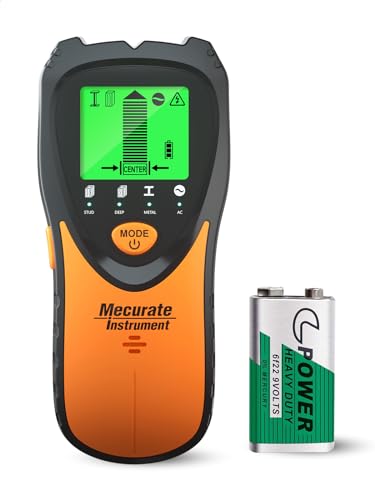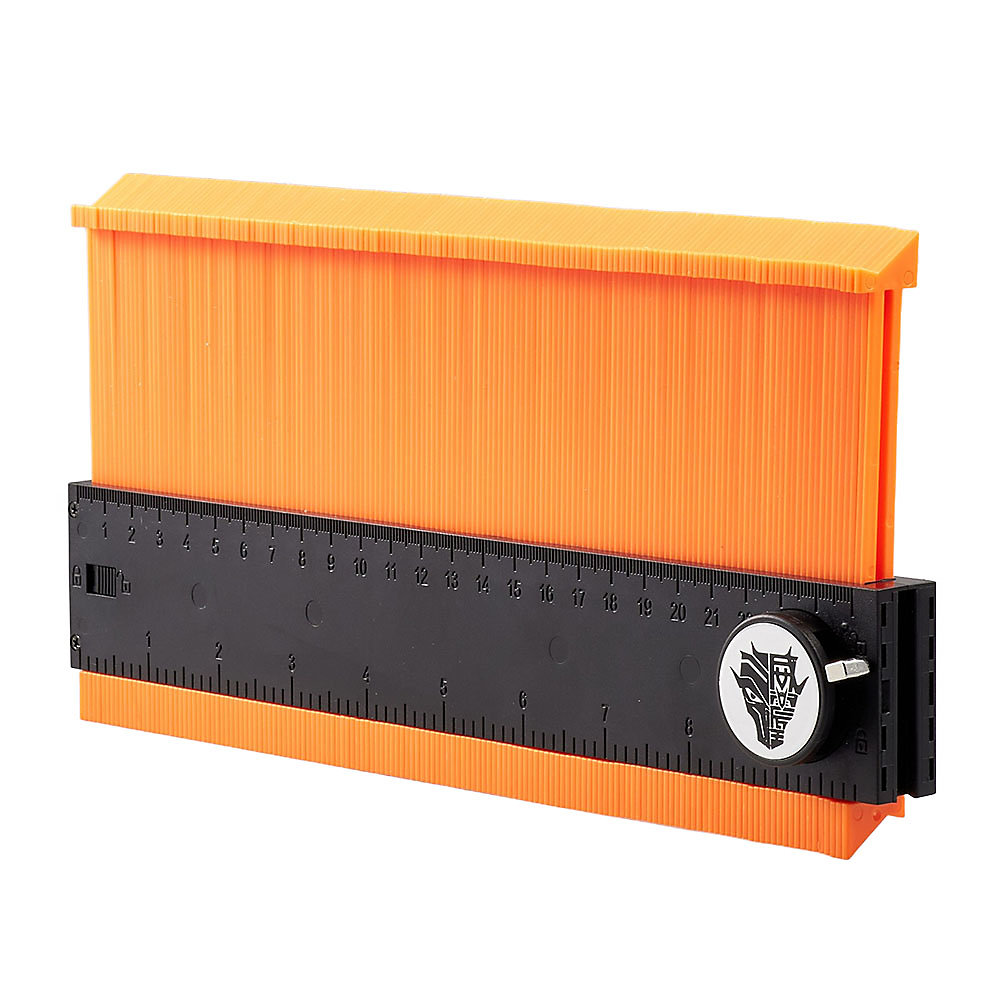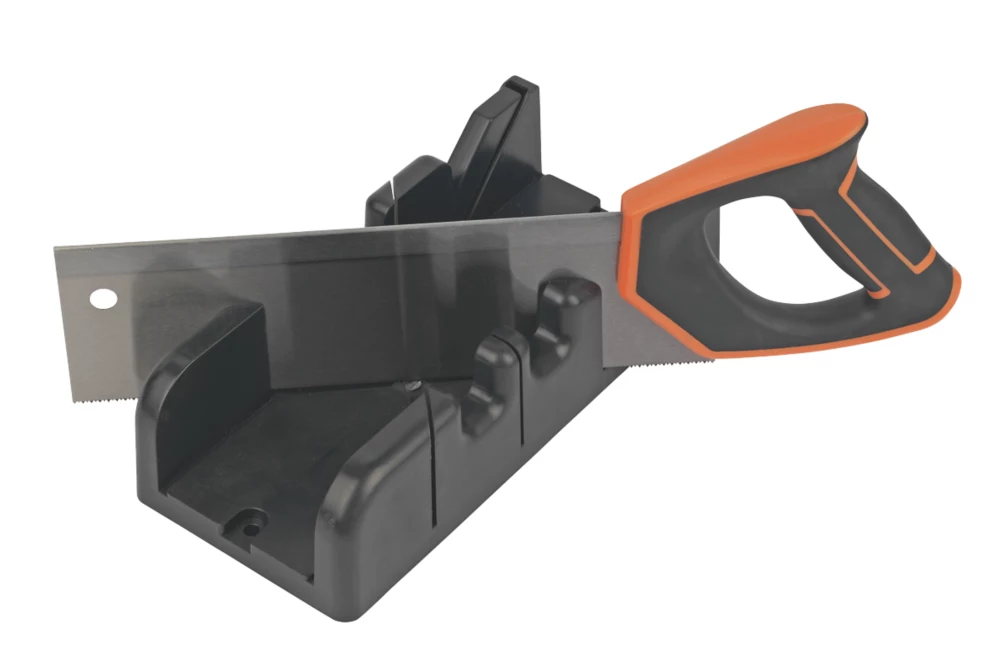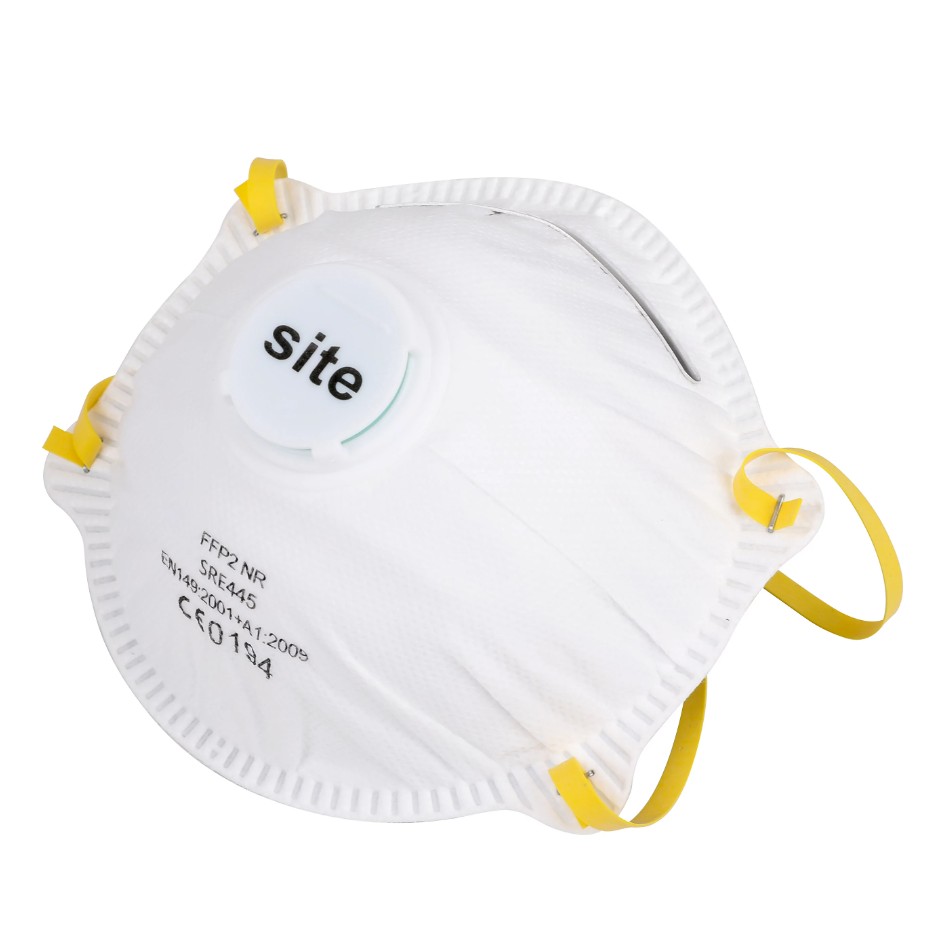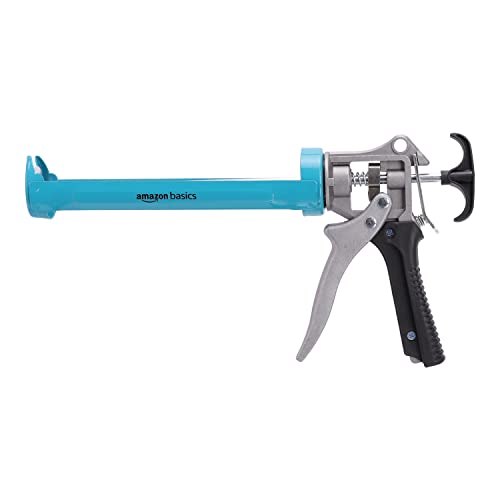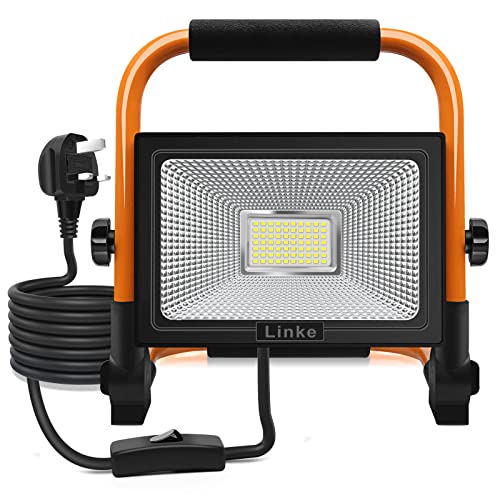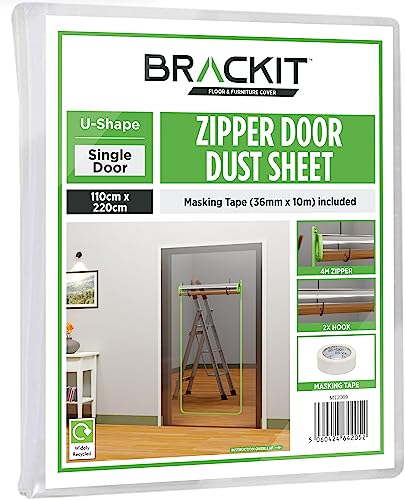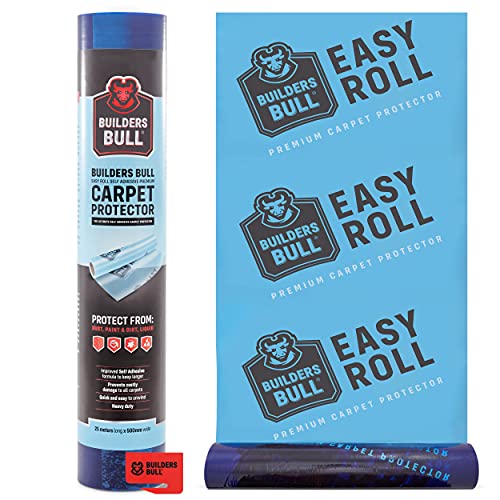I’ve got DIY renovation plans, and these are the game changing tools and gadgets I’m adding to my kit in preparation (and they’re all under £30)
*Adds to basket*

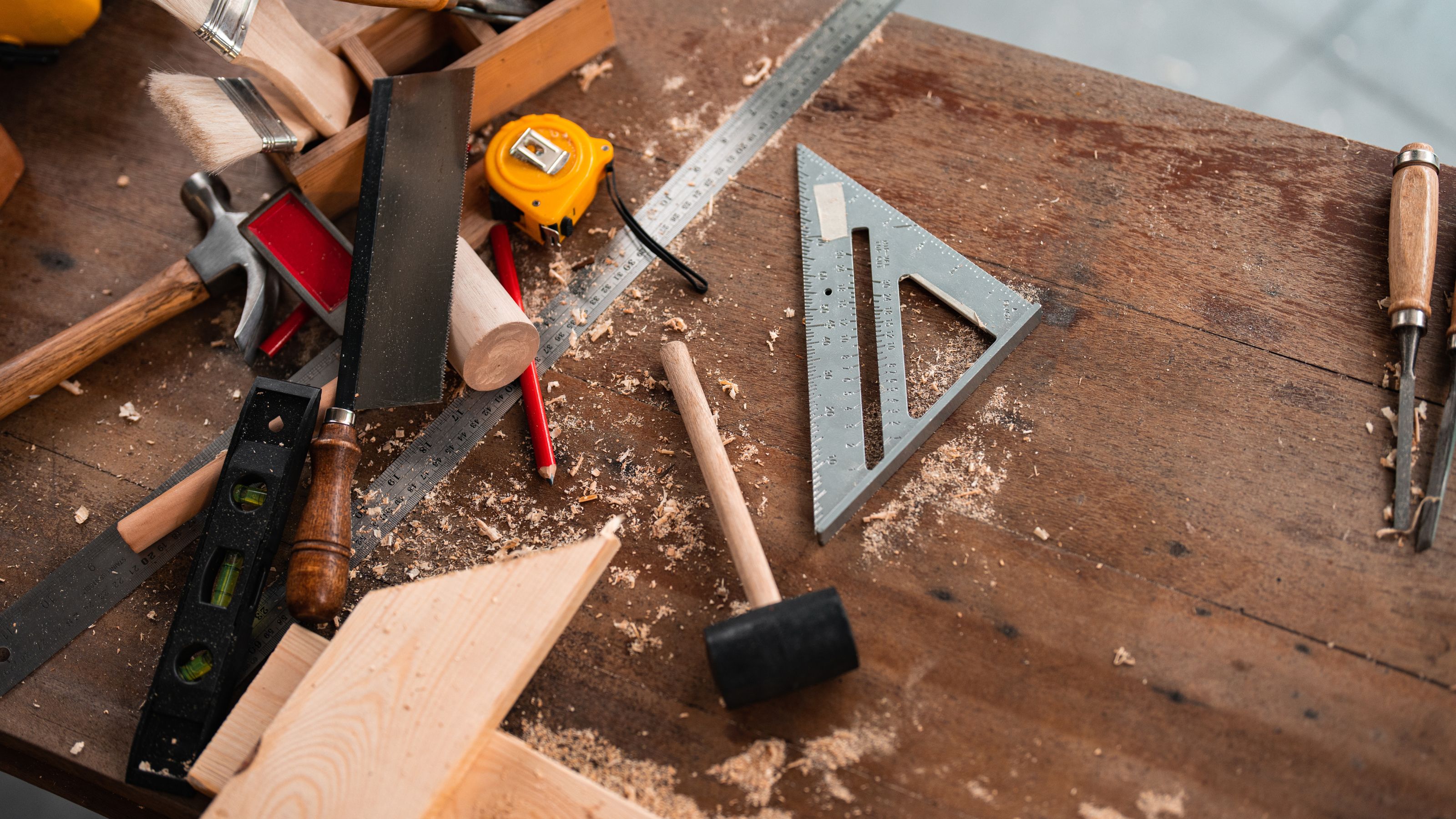
If you're like me and have plans to renovate your home on a DIY basis, make sure you have these tools in your toolkit to not only make the job easier, but boost your results too. And better still, they each cost less than £30.
While there are certain tools that every homeowner should have, they're not up to the task of my renovation plans, which include laying new bathroom flooring and fixing the tiles on the wall, replacing some skirting boards that my puppy used as a chew toy, and boxing in some pipework in my WC that was uncovered to solve a leak.
In preparation, I've compiled this list of inexpensive tools and gadgets that I'm buying to see me through my task list. They are all novice-friendly, too.
For more expensive tools, I'm weighing up whether it's worth buying, or whether renting one or borrowing one from friends and family may be a better option. (I'm predicting it will be the latter).
1. Stud finder
I've borrowed a stud finder from my brother, and I've done it so often that it's definitely time I buy my own. And there are plenty of reasons all homeowners should have a stud finder. While I might have already altered the walls I planned on altering (at least for the time being), I have more pictures to hang, and am paranoid about accidentally hammering into a pipe or cable.
If you have the same worry, having a stud finder or wall scanner on hand will help you locate studs, wires and metal, so you can tackle your renovation plans effectively without causing unnecessary damage.
2. Contour gauge
Homes are full of awkward angles and notches, which can make things like laying flooring or fitting tiles incredibly difficult. And this has put me off replacing the flooring in my bathroom myself, until I came across a contour gauge. Where has this been all my life?
Sign up to our newsletter for style inspiration, real homes, project and garden advice and shopping know-how
Simply push the metal (or plastic) pins of your contour gauge up against the awkward shapes, then lock them into place, and you'll be able to trace around it and ensure you cut your materials to exactly the same shape, ensuring a perfect fit every time.
3. Mitre block
To help when I replace the chewed skirting boards, a mitre block will be a worthy addition to my reno toolkit.
It'll give the option to cut at the perfect 90 or 45° angle, ensuring a flush fit. Just remember to cut in the right direction, depending on whether your skirting or coving is meeting at an inside or outside corner.
4. Laser level
I have a spirit level already, but with only one pair of hands, I am definitely investing in a laser level to make achieving straight lines much easier.
Beyond renovating, this will also be incredibly useful when hanging wallpaper or pictures.
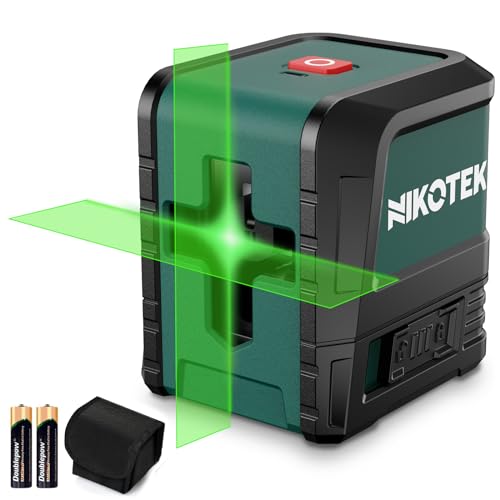
This battery powered laser level is both water and dust proof, making it particularly suited to messy renovation projects. You can also buy it with a tripod for an additional £15.
5. Safety gear
Renovating can be dirty and dusty work, so I'm making sure to protect myself with suitable PPE kit, in the form of dust masks (and maybe some goggles)
Disposable dust masks are popular and inexpensive. However, depending on the task, I may need a more heavy duty dust mask, like this JSP mask, £29.99 from Screwfix. I'll make sure to do my research to make sure I'm wearing the correct kit for the job.
6. Caulk gun
I want to make easy work of applying, caulk, filler, sealant or adhesive so I'm adding a sturdy caulk gun to my arsenal.
I've had one before that was too flimsy and it broke after a couple of uses, so I'm opting for a heavy duty one this time.
7. Work light
Some of my plans involve working in tight spaces where natural light can't reach, and my ceiling lights won't be enough. But as the days are getting shorter this can get problematic, especially when I am doing this work outside of my day job.
And so a work light that is powerful enough to generate all the light I need, while being small enough to move around (and store) is definitely on my shopping list.
8. Dust sheets
Dust sheets are a must when you're renovating, and I need to stock up. In my experience, they won't prevent the dust moving around your home altogether (it just gets everywhere), but they will help to minimise it as much as possible.
9. Carpet protector
As someone who previously relied on the local newspaper to protect my carpet from paint splashes and debris, only to drop the paint brush where the paper wasn't, I am definitely adopting a more serious approach to protecting my floors.
I'm choosing something hard-wearing to avoid the risk of any punctures or tears that could see debris get through.
FAQs
Should you DIY your own renovation?
Taking on some renovation work is a great way to save money, but you need to be savvy to avoid the downfalls that could make doing it yourself more expensive than just calling in a pro.
Firstly, how much or what aspects of the job you DIY should depend on your skillset and capabilities. Finishing touches and decorating is usually where most people choose to DIY, and the risk of serious error is low. However, installing a new kitchen might be best left to a pro if you've never done it before.
Even seasoned renovators have things they wish they'd left to the pros, after maybe underestimating just how challenging or messy it can be.
Anything electrical or plumbing related should always be left to a professional.
Is there anything I'm missing off my list? Let me know in the comments below.

Sarah Handley is Ideal Home’s Renovation Editor. She joined the team full time in September 2024, following three years of looking after the site's home finance content. As well as all things renovation, Sarah also looks after our Home Energy content, which covers all aspects of heating and insulation as well as tips on how homeowners can reduce their energy usage. She has been a journalist since 2007 and has worked for a range of titles including Homebuilding & Renovating, Real Homes, GoodtoKnow, The Money Edit and more.
